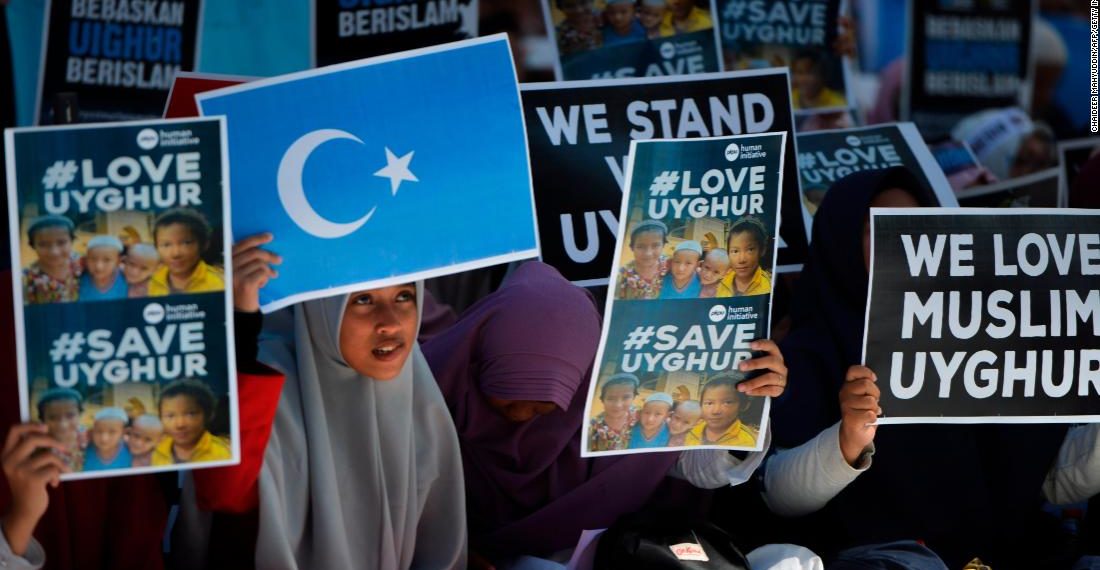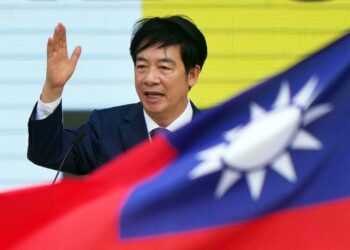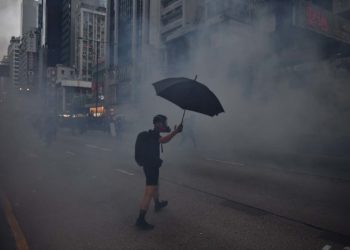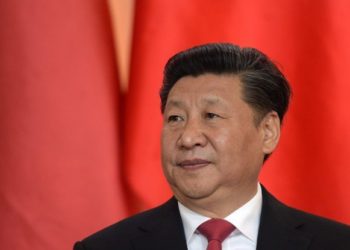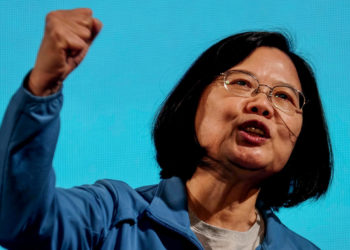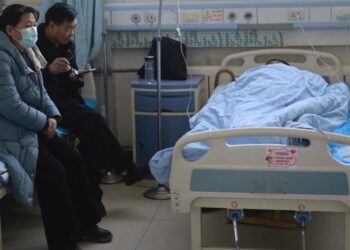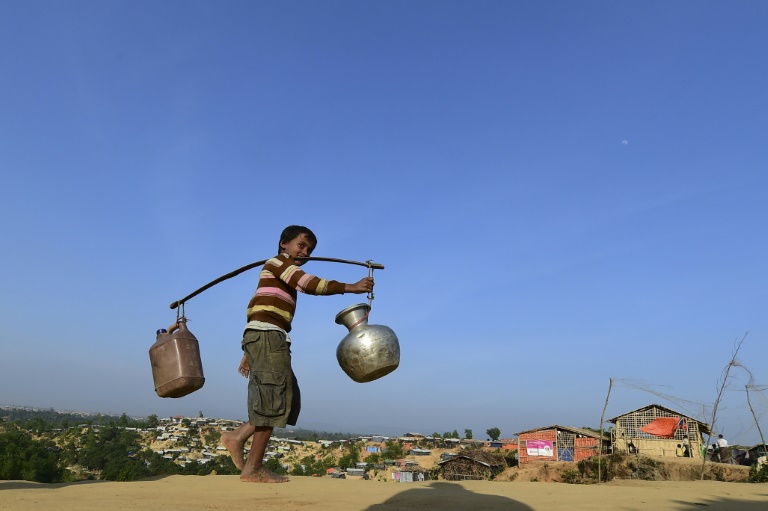Last year, vice-chair of the United Nations anti-racism committee, Gay McDougall, stated that China had turned East Turkestan (also known as the Xinjiang Uyghur Autonomous Region) into “something resembling a massive internment camp, shrouded in secrecy, a sort of no-rights zone.” Since then, Beijing has invariably rejected the claims and maintained the absurd view that criticism is “western-driven” and “politically-motivated.”
McDougall is a lawyer with a distinguished career combatting human rights violations and racial discrimination worldwide, including in the global campaign to end Apartheid in South Africa. In her intervention, she cited the number of interned Uyghurs and other Turkic peoples as approximately one million.
She also registered concern about a further two million subjected to “‘re-education camps’ for political and cultural indoctrination.” She added Uyghurs were “being treated as enemies of the state based on nothing more than their ethno-religious identity.”
#China trying to convince the world that the #Xinjiang internment camps are vocational training centers. But what kind of vocational training center buys 2,768 police batons,550 electric cattle prods,1,367 pairs of handcuffs & 2,792 cans of pepper spray? https://t.co/AGTYS6nabX
— Marco Rubio (@marcorubio) October 24, 2018
This was the first time that the mass-internment camps had been raised anywhere in a U.N. forum. The comments from an independent and U.N.-appointed expert were a sharp rebuke for China’s policies and a blow to its international credentials.
Since then, the U.N. rights chief, former Chilean President Michelle Bachelet, has pressed China on two occasions for access to the Uyghur region “to carry out an independent assessment of the continuing reports pointing to wide patterns of enforced disappearances and arbitrary detentions.”
International Concern over Uyghurs
U.N. member states have also highlighted alarm over China’s mass internment. In November last year, an unprecedented number of countries criticized the rapid construction and vast extent of ethno-religious concentration camps.
In a reaction, Chinese Vice Foreign Minister Le Yucheng said that Beijing “will not accept the politically driven accusations from a few countries that are fraught with biases, with total disregard for facts.” This prickly response indicates that China is worried about the globe’s leading multilateral body heading a push against the ethnocide in progress in East Turkestan.
Beijing’s counter-strategy has been to build a narrative that criticism is “western-driven” and “politically-motivated.” This smokescreen diverts attention from the concern expressed by independent U.N. experts and officials towards the ideological domain where criticism of China equals support for “western hegemony.”
Last month, 22 nations signed a letter highlighting the emergency in East Turkestan. Signatories included states from across Europe, Australia, Japan, and Canada. This statement, together with U.S. officials’ repeated condemnations of conditions for Uyghurs, has prompted China to form what has been called a “global coalition of human rights violators to defend its record in Xinjiang.”
Just days after the letter addressing China’s policies, a group of 37 countries signed a similar letter defending China. The countries in this coalition include regimes who need China’s support for their repressive policies, such as North Korea, Venezuela, and Saudi Arabia. Others, like the Palestinian Authority, have returned favors for previous assistance from Beijing.
Of course, China’s economic largesse factors into the alignment of some states with the unsubstantiated claim that the concentration camps are merely “vocational training centers.” The ethnocide of the Uyghurs is just collateral damage in this cynical game of political bloc-building, and now 50 states backing the concentration camps have ceded any moral high ground in opposing racial and religious discrimination elsewhere.
Cultural Genocide
The framing of China as a leader of “developing” or decolonizing nations is absurd. President Xi Jinping and the Chinese Communist Party represent an ideology that denies liberation and self-determination.
The parallel cultural genocide occurring in Tibet is evidence of a regime ready to expend its power for political and economic ascendancy at the expense of indigenous people. China is a leader in spreading Islamophobia and ethno-religious discrimination. One merely needs to look at China’s diplomatic corps for further evidence of systemic racism. Therefore, decolonizing states should see the repression of Uyghurs as a struggle against the kind of subjugation and exclusion they have endured.
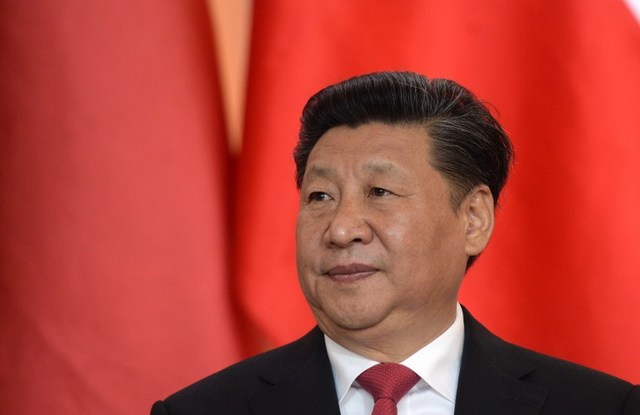
The general public in many of these states feels differently than their governments. In Indonesia, Malaysia, Kuwait, Russia, Kyrgyzstan, and other countries, ordinary people have spoken out against the internment of the Uyghurs and China’s political and economic domination over East Turkestan.
Uyghurs call on these friends to remind China that the decolonizing world does not endorse Beijing’s Uyghur ethnocide and to pressure their governments to support the closure of the camps.
The plight of the Uyghurs is the plight of all vulnerable people.
Disclaimer: The views and opinions expressed here are those of the author and do not necessarily reflect the editorial position of The Globe Post.

